Cleaning Potions from the Pantry
msyoohoo
15 years ago
Related Stories
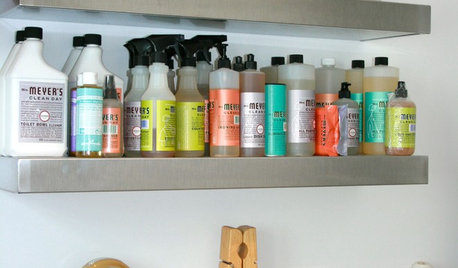
SHOP HOUZZShop Houzz: Retro Classic Cleaning Essentials
Make your home sparkle with old-school cleaning tools and potions from the Houzz Shop
Full Story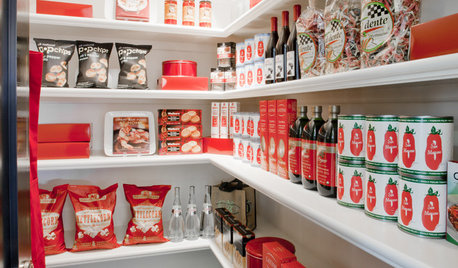
KITCHEN STORAGEGet It Done: How to Clean Out the Pantry
Crumbs, dust bunnies and old cocoa, beware — your pantry time is up
Full Story
HOUSEKEEPINGGet Those Carpet Stains Out: Best Nontoxic Methods for Spot Cleaning
Banish blotches the safe way with pantry staples, to get your rugs looking as clean as the day they came home
Full Story
MOST POPULAR33 Magic Household Cleaning Tips
Houzzers from around the world share their tips for transforming housework into child’s play
Full Story
LAUNDRY ROOMSSoak Up Ideas From 3 Smart Laundry Rooms
We look at the designers’ secrets, ‘uh-oh’ moments and nitty-gritty details of 3 great laundry rooms uploaded to Houzz this week
Full Story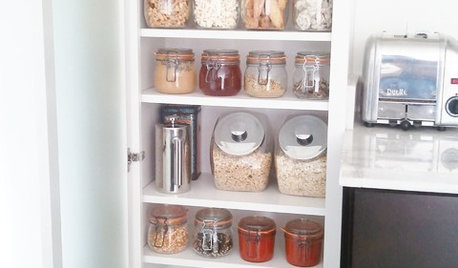
HEALTHY HOME6 Tips From a Nearly Zero-Waste Home
Lower your trash output and increase your quality of life with these ideas from a mom who did it to the max
Full Story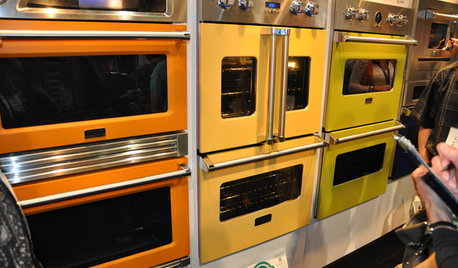
KITCHEN DESIGNStandouts From the 2014 Kitchen & Bath Industry Show
Check out the latest and greatest in sinks, ovens, countertop materials and more
Full Story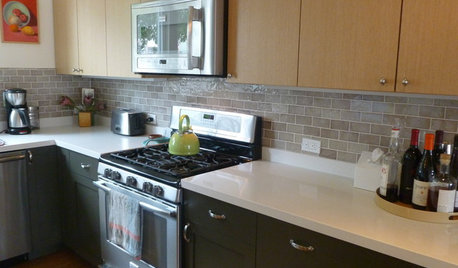
KITCHEN DESIGNPearls of Wisdom From a Real-Life Kitchen Remodel
What your best friend would tell you if you were embarking on a renovation and she'd been there, done that
Full Story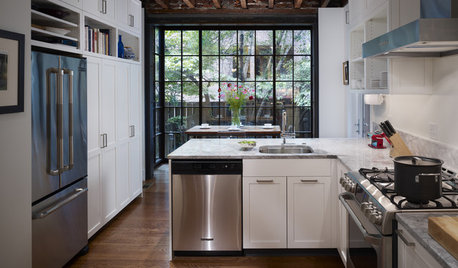
FEEL-GOOD HOME12 Very Useful Things I've Learned From Designers
These simple ideas can make life at home more efficient and enjoyable
Full Story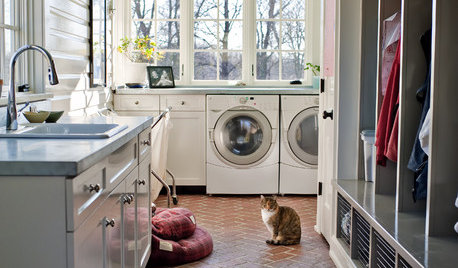
LAUNDRY ROOMSGet More From a Multipurpose Laundry Room
Laundry plus bill paying? Sign us up. Plus a potting area? We dig it. See how multiuse laundry rooms work harder and smarter for you
Full Story





aok27502
msyoohooOriginal Author
Related Professionals
Clemson Landscape Architects & Landscape Designers · Folsom Landscape Architects & Landscape Designers · Grand Haven Landscape Architects & Landscape Designers · Gainesville Landscape Contractors · Matthews Landscape Contractors · Concord Landscape Contractors · Longview Landscape Contractors · Salmon Creek Landscape Contractors · Santa Ana Landscape Contractors · York Landscape Contractors · Fairfax Carpenters · Coconut Grove Carpenters · Evergreen Park Carpenters · Santa Fe Fence Contractors · Castaic Fence Contractorsdiggerdee zone 6 CT
aok27502
mamato3
organic_flutterby
msyoohooOriginal Author
lorna-organic
aok27502
aok27502
lorna-organic
msyoohooOriginal Author
organic_flutterby
folly_grows
riley17
zigzag
organic_flutterby
vwtx